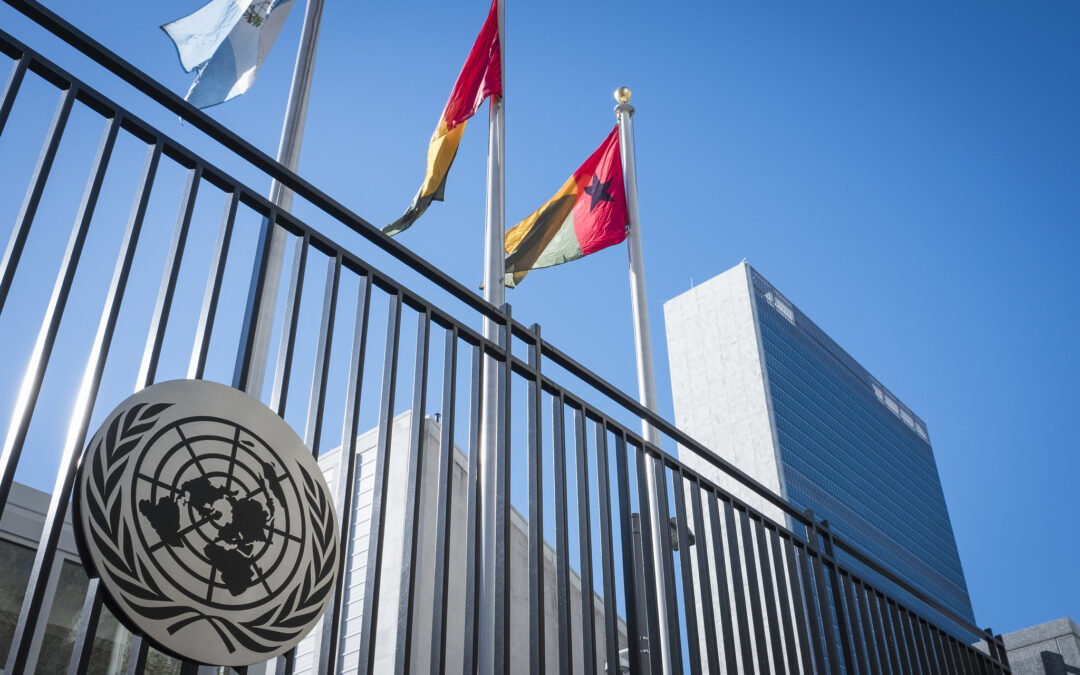
May 29, 2019
Together with hundreds of NGOs, the ICJ has urged States to redress the critical funding gap affecting UN human rights mechanisms, which is poised to cause postponement or cancellation of crucial sessions at the UN, allowing violators of human rights to avoid scutiny and accountability.
The NGOs were reacting following the revelation that the UN High Commissioner for Human Rights had written to independent experts that monitor human rights on behalf of the UN (treaty bodies and special procedures), warning that delayed payments by States of their UN contributions, coupled with underlying budget cuts, would likely mean postponement, cancellation or curtailment of their activities.
This included specifically likely cancellation of the autumn 2019 sessions of six of the ten human rights treaty bodies that review States implementation of their obligations under human rights treaties, and in many cases, also consider individual complaints of violations.
Only 3.7 percent of the total UN regular budget is currently allocated to the UN Office of the High Commissioner for Human Rights, meaning the cuts to the budget for the mechanisms have a highly disproportionate impact on the UN’s human rights work.
The NGOs responded through an open letter to all States’ permanent missions in Geneva and New York, urging that they:
- pay their assessed financial contributions without further delay.
- prioritize securing adequate funding for the UN’s human rights work.
- reverse the trend of reduced budgets for UN human rights work and restore the budget allocations whose cuts have resulted in the current likelihood of cancellations and postponements.
The full open letter, including additional details as well as the list of signatories, can be accessed in PDF format here: UN-OpenLetter-BudgetOHCHR-2019-EN
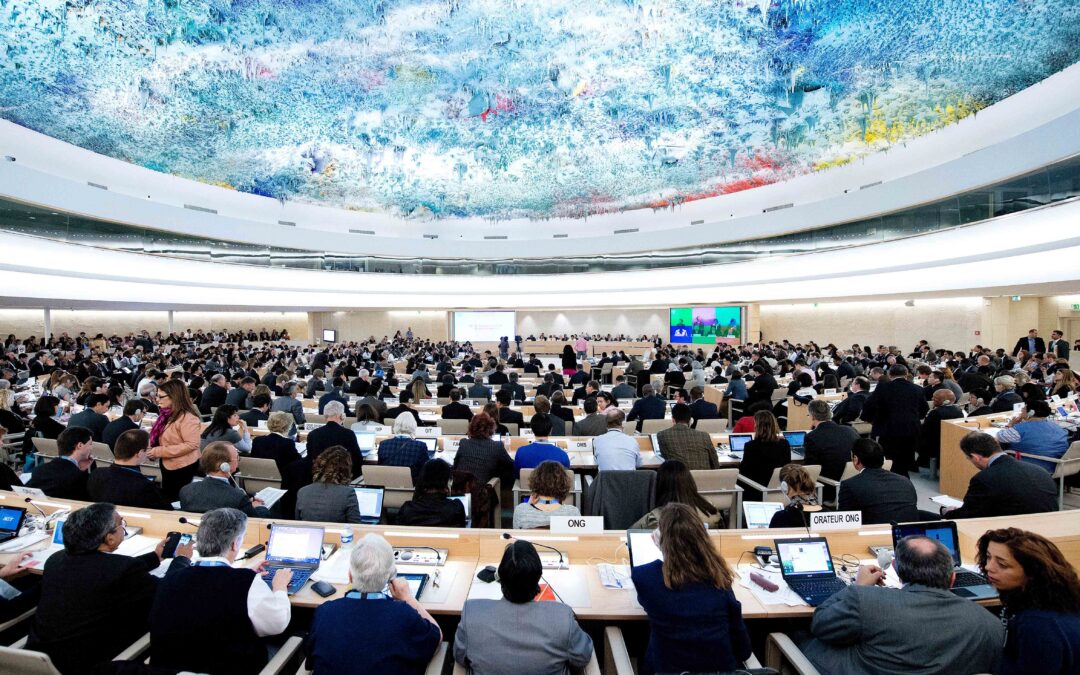
May 13, 2019 | Human Rights Council, News, Work with the UN
The ICJ has joined with more than 35 other international and African NGOs, calling on states to address the ongoing deterioration of the human rights situation in Tanzania, at the upcoming session of the UN Human Rights Council in June.
Read the letter here.
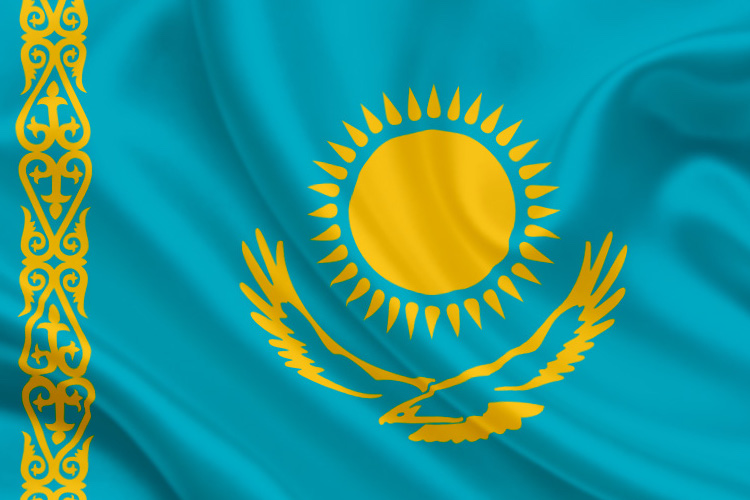
Mar 28, 2019 | Advocacy, Non-legal submissions
Today, the ICJ filed a submission to the Human Rights Council’s Working Group on the Universal Periodic Review in advance of its review of Kazakhstan’s human rights record in October-November 2019.
In its submission, the ICJ considered the situation with the independence of the legal profession in Kazakhstan and provided information on the status of international human rights treaties ratified by Kazakhstan.
The ICJ called on the Human Rights Council and the Working Group to recommend Kazakhstan:
• to amend the current legislation to ensure that representatives of the executive, such as the Ministry of Justice, are not included in the disciplinary bodies of the legal profession;
• to amend the current legislation to ensure that the qualification procedures are fully governed by the legal profession in Kazakhstan in line with international law and standards on the role of lawyers; in particular, the Qualification Commissions should be bodies of the Bar Association while their composition should predominantly consist of lawyers delegated by the Bar Association itself;
• to ensure that as the main stakeholder in any reforms affecting the legal profession, the Bar Association participates in such reforms in a meaningful way;
• to take effective measures to prevent further interference by the executive and law enforcement bodies in the exercise of lawyers’ professional duties, in particular prevent the practice of bringing disciplinary complaints against lawyers solely for their defence of their clients or legitimate exercise of their right of freedom of expression;
• to ensure that the right of lawyers to freedom of expression is respected, especially in regard to matters of public interest and law.
Furthermore the ICJ suggested:
• To ratify the Agreement on the Privileges and Immunities of the International Criminal Court.
• To ratify the Optional Protocol to the Covenant on Economic Social and Cultural Rights and International Convention on the Protection of the Rights of All Migrant Workers and Members of their Families as well as the Second Optional Protocol to the International Covenant on civil and Political Rights.
Kazakhstan-ICJ UPR 2019-Advocacy-Non legal submissions-2019-ENG (full text of submission, in PDF)
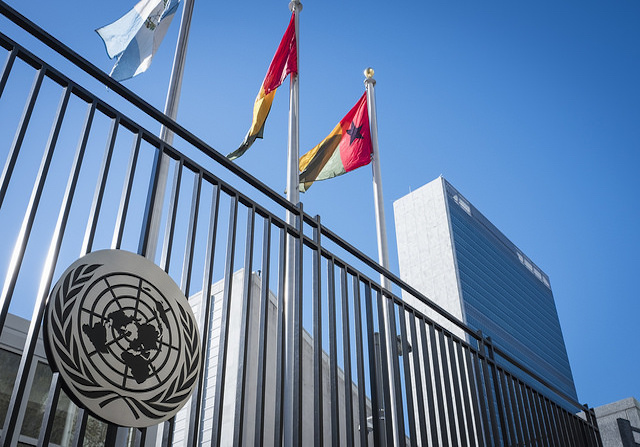
Mar 25, 2019
An open letter to the UN Secretary General signed by 19 international NGOs welcomes his initiative to review United Nations operations in Myanmar, and calls for the review to be open and transparent.
At a time when the protection and promotion of human rights around the world is under increasing threat, a strong, transparent, effective, and accountable UN is essential.
Download the letter here: Myanmar-Letter UNSG-Advocacy-open letters-2019-ENG
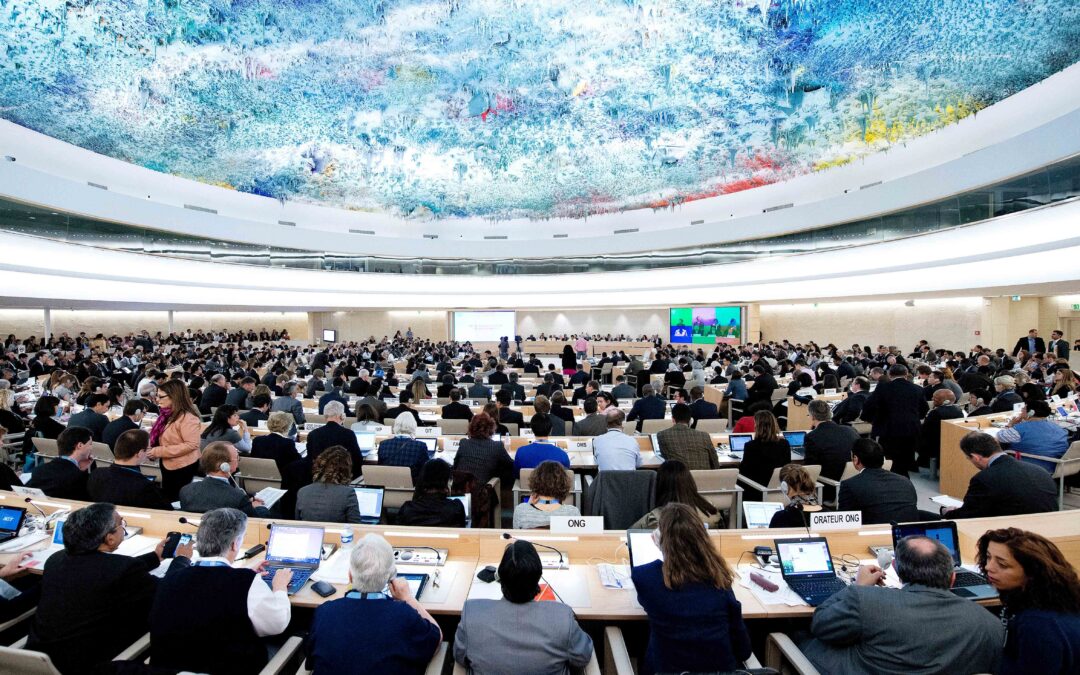
Mar 22, 2019 | News
The ICJ today strongly welcomed the renewal of the key UN expert on counter-terrorism and human rights, on terms that maintain the mandate’s independence, integrity and its essential focus on human rights.
The renewal of the mandate of the Special Rapporteur on the promotion and protection of human rights and fundamental freedoms while countering terrorism, was enacted by a resolution adopted by consensus at the UN Human Rights Council in Geneva.
To acheive this successful outcome, Mexico (which leads the resolution) and other States had to defend the text of the resolution against attempts by Egypt and other States to insert language aimed at diluting, distorting or distracting the mandate from its current focus on preventing and responding to violations of human rights and on securing respect, protection and fulfilment of the human rights of victims of terrorism.
The Special Rapporteur delivers thematic reports to the Human Rights Council, carries out visits to countries, and acts on individual complaints. In the overall counter-terrorism architecture of the UN, the Special Rapporteur is also the only person with an exclusive independent mandate to remind States of their human rights obligations while countering terrorism, to advise them how to do so, and to draw public attention when they do not. So any dilution of the mandate would have also put the integrity and efficacy of the overall UN counter-terrorism strategy and architecture at risk.
Following the adoption of the mandate renewal resolution by the Council, the ICJ and other organisations expressed its deep appreciation for Mexico’s efforts, together with the strong support of numerous other States, to secure the future of the mandate.
The resolution text is available here: https://undocs.org/A/HRC/RES/40/16
Additional background is here.









